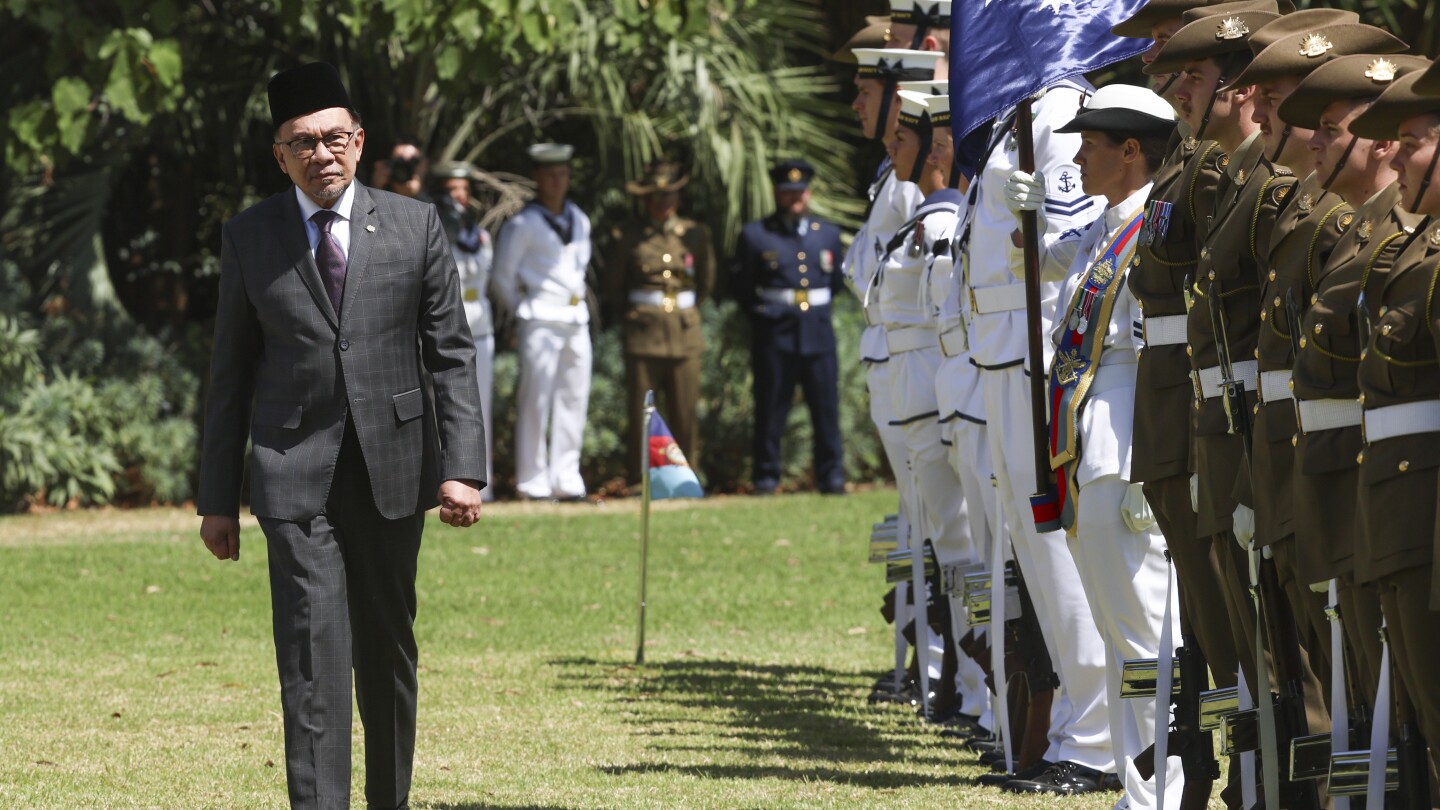Might as well just hand over their corner of the south china sea, then.
That’s exactly what they’re saying. They are allowing military transit of Chinese ships and aren’t building up defensive islands and it’s working out for them. To China’s point, that’s what they’re trying to get everyone to do. They want to be the only military in the area, they’re not going to do anything else.
China’s whole argument is that handing over your corner of the SCS isn’t going to make any major difference. Malaysia is agreeing and it’s important to note that also is still making military and security agreements with Australia. In other words, besides Chinese patrols nothing will change.
NOW, that said, what right does China have to do that? It’s on legally shaky ground at best. I’m not trying to argue that China should have the right to do this. I’m just pointing out that what you’re trying to make a “gotcha” isn’t a “gotcha” but instead quite literally exactly what’s happening.
China’s been negotiating SCS claims with its neighbours. That’s why, as of now, Taiwan’s claims in the SCS are actually larger than China’s claims (because of China’s negotiations with Vietnam).
This is true, as I said in another post the situation is far more complex than most people understand. In fact, this whole argument comes from the Philippines back tracking on something Duerte said to China. In the Philippines defense, while there was a verbal agreement to not supply the Thomas Shoal, there was no written agreement so Marcos is not breaking anything.
Eh, it’s a little complicated. The Maldives just kicked out our (India) army, which historically provided security, and instead gave the contract to China. Nepal now has a pro-Chinese government. Bangladesh seems to be moving in that direction. Do the Maldives / Bangladesh / Nepal / Malaysia have the right to grow closer to China? Absolutely. Will they benefit from doing so? Possibly. But it will also make India, Japan, Australia, etc. feel encircled and threatened. I just hope this doesn’t escalate further.
Removed by mod
Actually, both China and the Philippines have an agreement to allow both sides to fish there. And China has even stated regret that at one point their blockade impeded Philippine fishing boats. Additionally, there was no evidence of the Philippine claim that there was cyanide being used, though there is evidence that historically the Philippines themselves have done that.
It’s a lot more complicated than most people understand.
This is the best summary I could come up with:
MELBOURNE, Australia (AP) — Malaysia’s prime minister on Monday spoke up in defense of ties with China and complained over alleged pressure by the United States and its allies on regional nations to take sides in the West’s strategic rivalries with Beijing.
“So while we remain … an important friend to the United States and Europe and here in Australia, they should not preclude us from being friendly to one of our important neighbors, precisely China,” he said, speaking at a joint news conference with Australian Prime Minister Anthony Albanese, a staunch U.S. ally.
Anwar and Albanese announced several new bilateral agreements between Australia and Malaysia on cybersecurity, technology, clean energy, sports and education.
When asked about the term “China-phobia” that he first used in an interview last month with Financial Times, Anwar said he was responding to criticisms of Malaysia for “giving additional focus to China,” its largest trading partner.
The Philippines, an ASEAN nation, urged regional neighbors on Monday to stand together more strongly in upholding the rule of law in the South China Sea, where China is forcefully pursuing territorial claims in conflict with other nations.
During a visit to the Philippines in November, Vice President Kamala Harris also urged countries to stand up for territorial integrity and freedom of navigation in the South China Sea, and said Washington would press an international campaign against “irresponsible behavior” in the disputed waters.
The original article contains 334 words, the summary contains 234 words. Saved 30%. I’m a bot and I’m open source!


